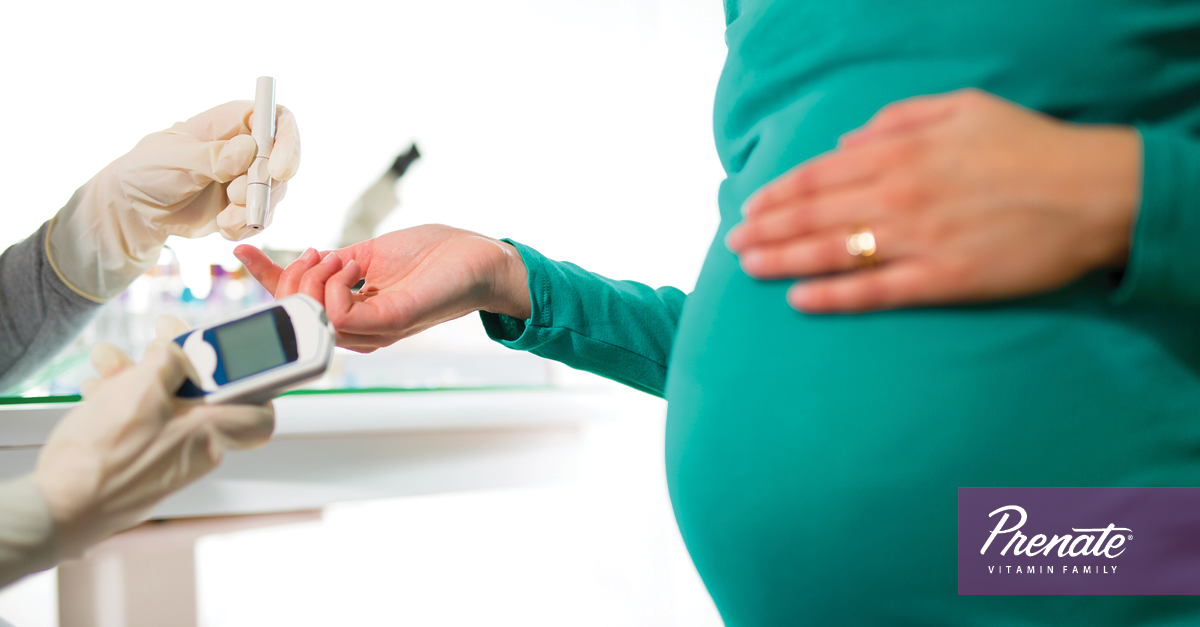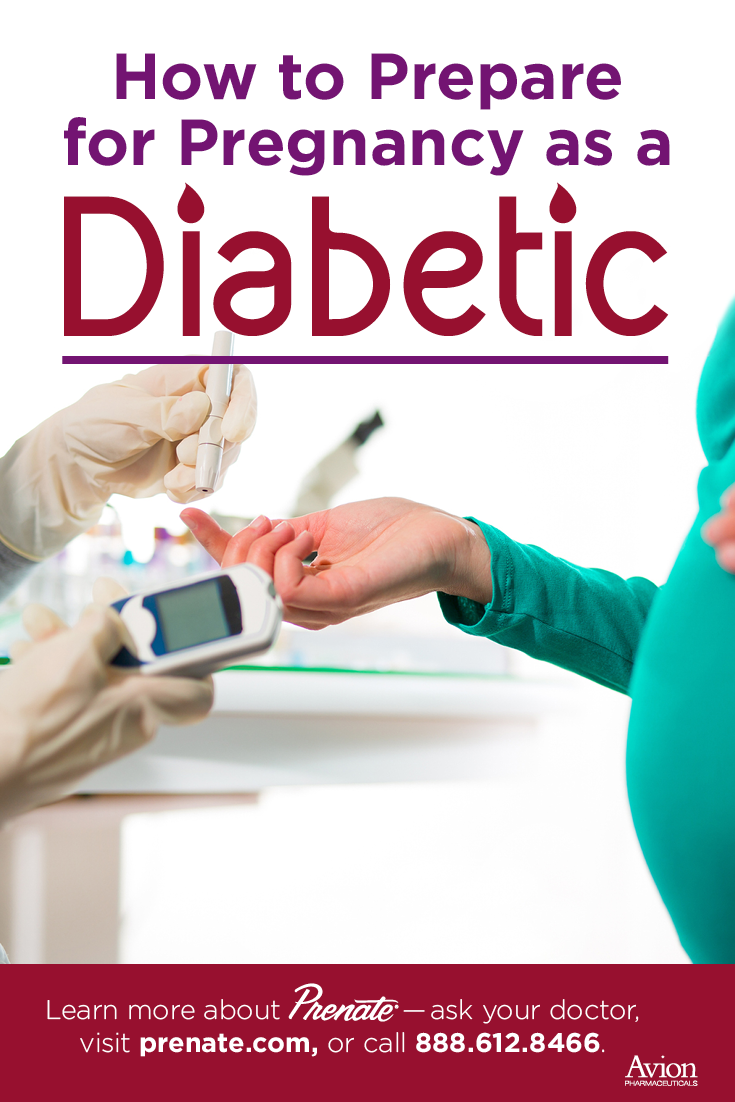Preparing for Pregnancy as a Diabetic
December 5, 2018
If you have type 1 or type 2 diabetes and would like to become pregnant, you can have a safe pregnancy with planning and help from your doctor. Tests that show how well you’ve been able to control blood sugar during the months before you conceive can give your medical team the information it needs to determine whether it’s a good idea for you to become pregnant.
Most women are two to four weeks pregnant by the time they take a positive pregnancy test. For this reason, it’s important to have control of your blood sugar levels before conception.1
Talk to your medical team before trying to conceive.
Women who participate in preconception counseling and testing under the direction of a diabetic care medical team before they become pregnant have reduced rates of spontaneous abortion and malformations in their newborns.1
Blood sugar control is important for the health of both moms and their developing babies. It’s crucial that you work with a health care team that’s experienced in treating women with diabetes to help you manage your overall health during this important time in your life.2
Throughout the months leading up to your pregnancy and until the birth of your baby, you may see an eye specialist, a registered dietitian, an endocrinologist and an obstetrician. You may also choose a pediatrician to care for your baby after the birth.
Control you blood sugar before and during pregnancy.
Keeping blood sugar under control during the months before you try to conceive is an excellent way to help prevent complications during pregnancy. It also reduces the risk of certain birth defects.2
There are a few things that moms-to-be and women who want to conceive can do to control their blood sugar levels.
- Monitor blood sugar levels often to make sure they are within the ranges recommended by your doctor.
- Talk with your health care team about the medications you take to manage diabetes.
- Throughout preconception and pregnancy, be ready to adjust your medication levels according to your doctor’s instructions.
- Have a pre-pregnancy checkup to evaluate your blood pressure and to check for eye, heart and blood vessel diseases. This checkup should also identify if you have any previous or existing nerve, kidney and thyroid damage.
- Exercise regularly as directed by your health care team.
- Take the advice of your dietician and eat the foods he or she recommends for optimal blood sugar control.
- Quit smoking and eliminate all alcohol consumption.
- If you have diabetes, you may have more frequent prenatal checkups. Be sure to attend every appointment.
Prenatal vitamins play a role in a healthy pregnancy.
The Prenate® Vitamin Family helps support the health of women during preconception. Talk to your doctor about how prenatal vitamins may fit into your preconception plan.
You Are About To Leave This Website
By clicking continue, this link will take you to a website to which Alora Pharmaceuticals Policies & Terms of Use do not apply. Alora and its subsidiaries do not control the content or accuracy of third-party websites and assume no responsibility for their use.











